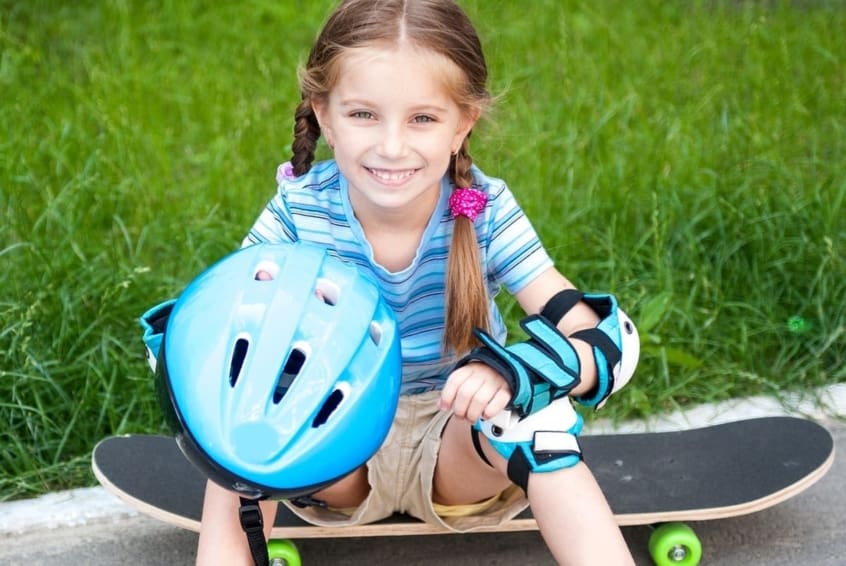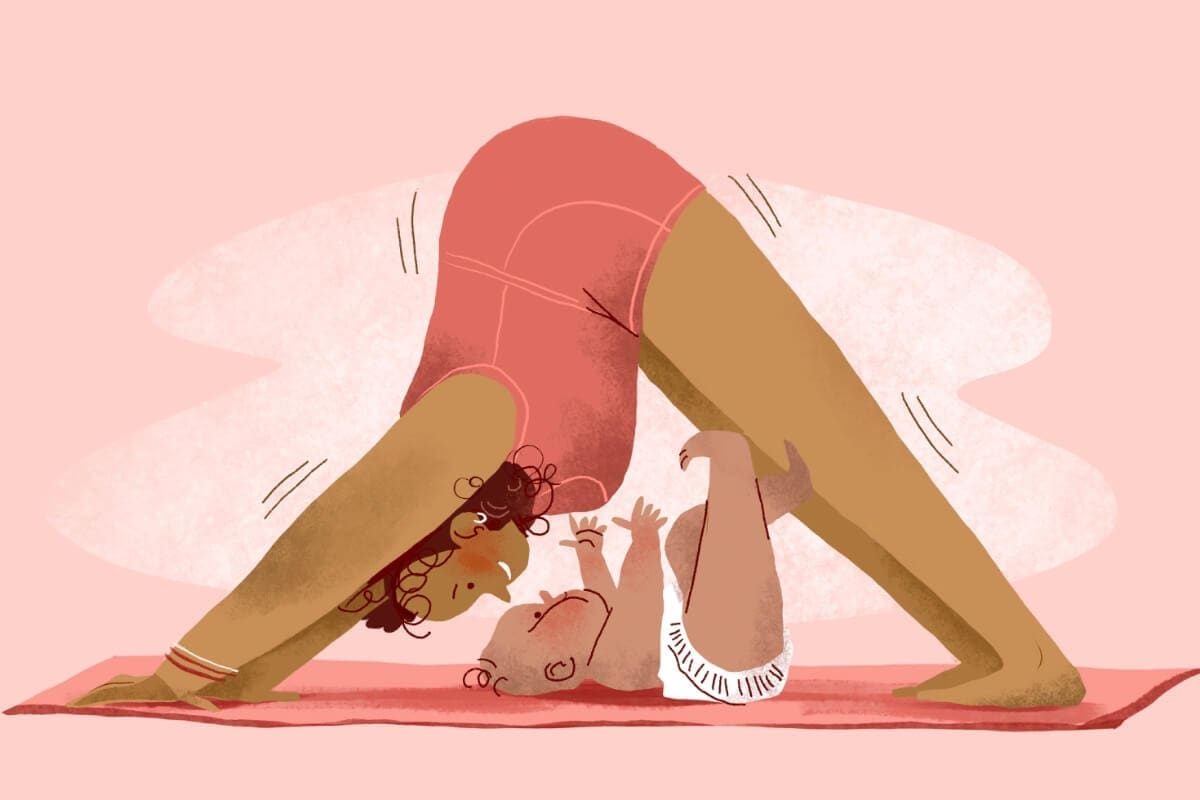
You may think that concussions only happen to football players. That’s not the case. Concussions can happen for many reasons, including a bike crash, a fall on the playground, or while playing other sports. Another myth: You have to lose consciousness to experience a concussion. Wrong. You don’t even have to get hit in the head. A blow to the body that causes the head to move back and forth quickly can cause a concussion.
A concussion is what it’s called when the brain bounces around or twists inside the skull. It’s a type of traumatic brain injury (TBI). Traumatic brain injury sounds scary—and concussions can be serious. But the effects are usually temporary and not life threatening. They can include headaches and problems with concentration, memory, balance, and coordination.
It’s important to note that once your child has experienced a concussion, the risk of having another goes up. Each concussion increases the risk of permanent brain damage. Knowing what symptoms to look for is important so you can take steps to prevent more serious damage in the future.
Path to improved health
A concussion is not like a cut or bruise you can see on the outside. It can be easy to miss, especially early when there may be no outward signs. Concussion symptoms usually show up right away, but they may get worse days or weeks after the injury. If you think your child may have suffered a concussion, be on the lookout for the following:
- Dazed or stunned appearance
- Confusion about what’s going on
- Forgetting instructions
- Clumsy movement
- Answering questions slowly
- Loss of consciousness (even if just briefly)
- Mood swings or behavior changes
Also, if your child is old enough, they might tell you they’re experiencing:
- Headache or feeling pressure in the head
- Problems concentrating
- Confusion or memory problems
- Balance problems or dizziness
- Nausea
- Fuzzy or blurry vision
- Sensitivity to light or noise
- Ringing in their ears
- Feeling sluggish, groggy, or just plain “off”
- Feeling irritable, nervous, or anxious
- Sleep changes
If your child has any of the above symptoms, see the doctor right away. The doctor will ask about the injury and do a physical exam. They may test your child’s strength, senses, balances, reflexes, and memory. Depending on what they find, they may order medical tests, such as a CT scan.
If your child’s concussion is mild, rest may be the only treatment. That means keeping to a regular schedule, no late nights, and no sleepovers. Rest also involves a mental time out. No using a computer, cell phone, or other electronic devices. Schoolwork and even reading and watching television should be stopped or limited, depending on the doctor’s directions. Not following these rules may make the concussion symptoms worse. Many children recover from concussions within a few weeks, but some may need more than a month.
Don’t give your child any medicines unless your doctor has approved them. Your doctor will monitor your child and let you know exactly when they can return to school and normal activities. It is no longer necessary for you to wake your child throughout the night after a head injury.
Be alert for serious concussion symptoms
In rare cases, a dangerous blood clot may form on the brain. This increases pressure in the area against the skull. This can be life threatening and requires immediate treatment. Call 911 or take your child to the emergency room right away if they show any of the following signs:
- Looks very drowsy or can’t wake up
- One pupil is larger than the other
- Has convulsions or seizures
- Can’t recognize people or places
- Is getting more and more confused, restless, or agitated
- Has unusual behavior
- Has slurred speech
- Complains of a headache that doesn’t go away or gets worse
- Vomits
- Loses consciousness, even briefly
- Will not stop crying and cannot be consoled
- Will not eat (or nurse, with babies)
Things to consider
If your child is hurt while playing a sport, DO NOT allow them to continue if you think they may have a concussion. Also, children who return to sports before the brain is fully healed have a greater chance of having a second—and worse—concussion. Repeated concussions may have serious long-term problems. These include difficulty with concentration, memory, headache, and even permanent brain damage. Always wait until a health care professional says it’s okay for your child to return to the game.
Prevention is key to avoid concussions. When playing sports, safety should always be the No. 1 priority. Tell your child’s coach about a previous concussion. Make sure your child follows all the safety rules of the game. Children must wear protective gear. They should always wear helmets that fit properly when playing sports or riding bikes, skateboards, etc. Keep in mind, however, that there is no such thing as a concussion-proof helmet. Children should always take care not to get hit—and not to hit others—in the head.
If you have younger children, childproof your home. Babies will reach for whatever they can to pull themselves up, which can result in falls and head injuries. Use stair gates at the top and bottom of every staircase. Create a safe space for your baby to play, and never leave them unattended. Always use car seats, booster seats, and seatbelts properly. At the playground, make sure there’s soft material under swing and play sets. Look for mulch or sand, not grass or dirt.
Questions to ask your doctor
- What signs should I be looking for to warrant a trip to the emergency room?
- Should my child be taking any medications after getting a concussion?
- Should I wake my child up every hour overnight tonight?
- When will my child be able to resume his normal activities?
- Will my child need to take any special precautions when playing sports in the future?
- This is my child’s second concussion. Should they stop playing sports altogether?
![]()
Copyright © American Academy of Family Physicians
This information provides a general overview and may not apply to everyone. Talk to your family doctor to find out if this information applies to you and to get more information on this subject.











